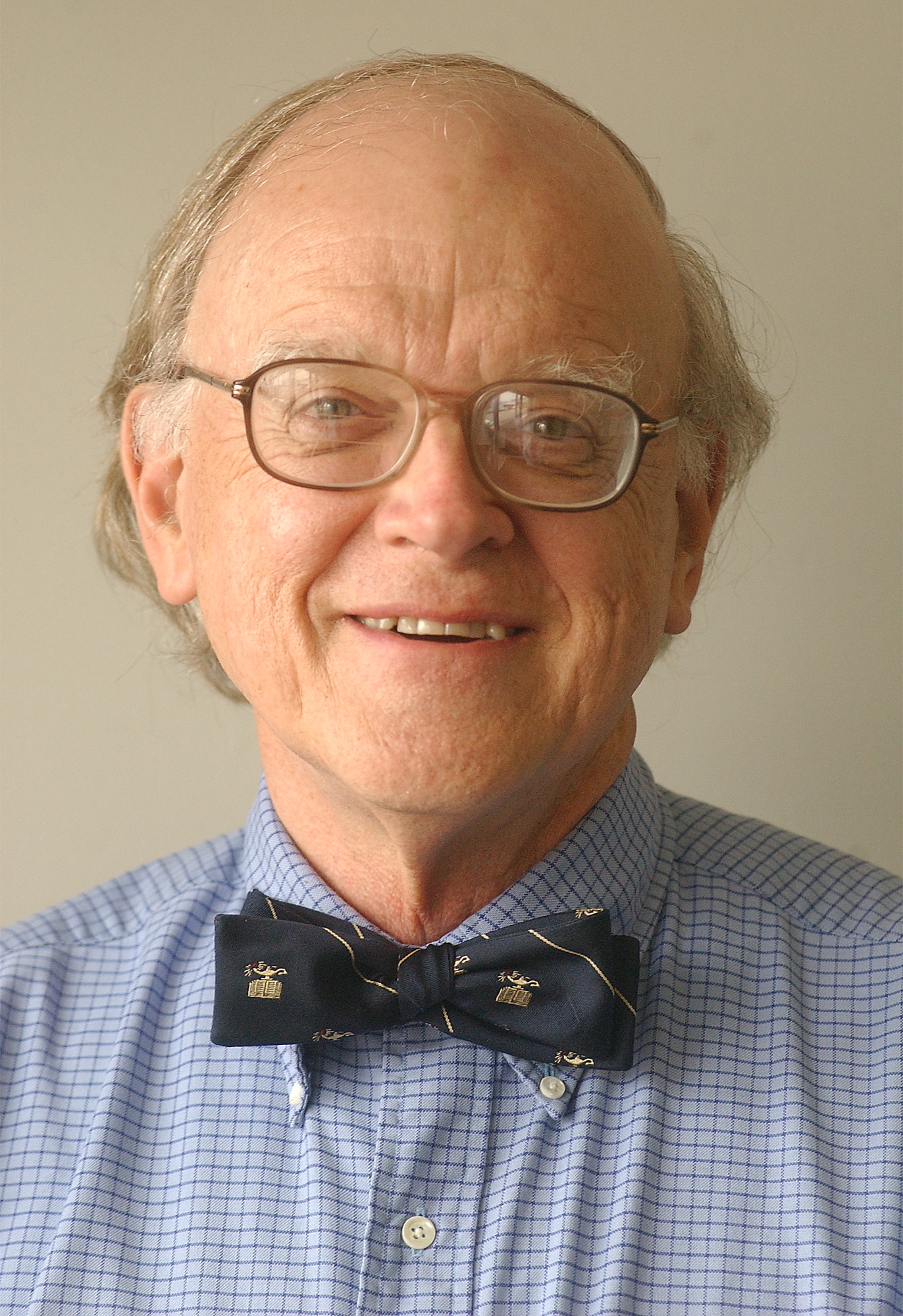My wife and I send annual holiday letters to maintain contact with friends and family who have become widely dispersed over the years. The friends date from high school, college and graduate school, military service, earlier jobs, former neighborhoods and voluntary organizations. The relations are first and second cousins of all ages.
Through these exchanges and accompanying photographs, we have seen families expand, infants grow into newlyweds, habitats change from homes to assisted living and hairlines and waistlines change. Each of us seems content as we tend our corners of the world.
This year, one letter returned with the notation "addressee deceased." Another note detailed the death of a spouse following a harrowing year of dementia. Notation on another card reported progress as a husband struggled to regain the ability to stand with the aid of a walker. Respiratory illnesses limited one respondent to a wheelchair with an oxygen tank and another to modest in-home activity. Strokes, movement disorders, progressive arthritis and impaired cognition took various tolls.
In our younger years, we presume that we will be alive and fully active or that we will die either abruptly or following a brief illness. We do not anticipate that we might be stuck between life and death in the land of the chronically unwell. This is an unexpected consequence of medical progress, which has generated new medications, surgeries and other methods of treatment for diseases that, at one time, were more rapidly fatal. Our bodies repeatedly remind of us of their shrinking boundaries and abilities.
From a series of experiences with family, friends and patients and from some personal setbacks, I have found common themes:
* We want to be independent as long as possible. But paradoxically, we fear abandonment.
* We seek certainty against a backdrop of increasingly unpredictable, and sometimes simultaneous, changes that are hard to grasp.
* We do not want to inconvenience our loved ones. We want their lives to proceed normally without disruption from our needs to visit a caregiver, to go to the store or to fix a household appliance.
* We do not want to suffer needlessly.
Our end-of-life documents can simplify our worries by formalizing our deepest desires for our final days and hours. A do-not-resuscitate order, living will, advance directive and designation of a health care power of attorney allow us control over our medical destiny -- to a point. These require annual review and sometimes an update. Our close kin need to know their contents. The papers must be readily accessible.
Contemporary medical care, while offering dramatic advances against disease, can become impersonal and disorienting. The patient as a person can become lost amid the tests and therapies offered by a team of providers, some of whom may never actually see the patient. Well-intended discussions with next of kin, who are out of earshot, may counter patient wishes, which may have been forgotten or never clearly expressed.
Forthright conversations about our closing days are crucial. These must involve our closest kin and friends and our primary caregivers.
"The Cure," a short story by Mary Ward Brown (collected in "Tongues of Flame" by the author and in Best American Short Stories of 1984) is the wisest and gentlest exploration of a topic that we may wish to avoid. In the narrative, a frail, elderly black lady has faded to bed rest. Her three daughters are summoned. The lady insists that she be seen by a white doctor of similar age. Her daughters have heard that the doctor has problems with alcohol and early dementia. The interaction of doctor, patient and daughters is humorous and profound. Decline and impending death are acknowledged as challenges to be met.
After an interval of quiet, the daughters peep into the bedroom, finding that doctor and patient have dozed off.
"Faced with changes as yet undefined, the thoughts of the women turned more and more inward. All three were grateful their mother had not died, but her living would be costly from now on. If one stayed, the other two would have to pay for it ... Like actors on a stage, they waited for the old man to call out and let the ending begin."
Contact Clif Cleaveland at cleaveland1000@comcast.net.

